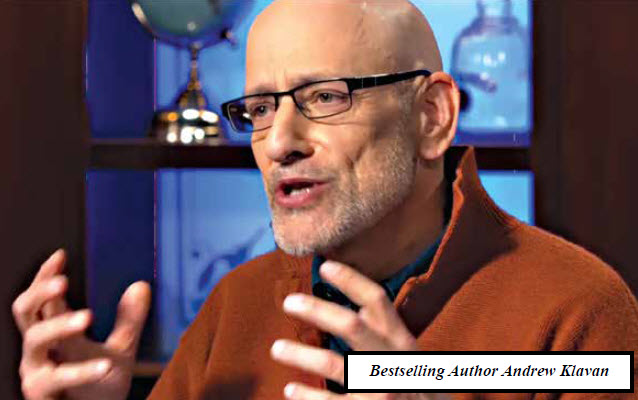We Need To Talk – The Millennial Mind
 By: Rosemary Dewar
By: Rosemary Dewar
We all know that actions speak louder than words, as well they should. However, words exchanged without repercussion, or with an empty call to action, are to be taken as no more than a point of discussion. They are merely a critique, a clarification, or a challenge of an idea. When it comes to communication that succeeds in solving actual problems, a possible lack of sensitivity or the understanding of any particular concept shouldn’t be the focus of the questions raised in the process. Furthermore, actions taken against others for the purpose of demanding attention damages the fulfillment of the goals of any cause, and a retreat from morality will reward those who deserve it the least. Ironically for some, the greatest violators of their well-being and bliss are themselves.

Just when you think the “culture of outrage” has reached its peak, it manages to surpass all expectations, and ravages its next target. Anyone can be judged by every little thing they express without consideration of context at any time. It doesn’t matter ‘how’ one said it, or ‘why’ one said it, but because something was said at all is a social sin. Interpretation is stigmatized beyond the original meaning of what was said, and the language loses all meaning. When one’s aim is to make someone a victim instead of an ally, he or she becomes tyrannical in nature.
Character indictments don’t seem to be enough for those who have vehement anger for those with whom they disagree. Absolute ruin is the goal of the outrage, not just redistribution or taking the time to prove them wrong, but a complete confiscation of a person’s social significance and personal wealth. The fuel of a false sense of imminent danger combined with the feeling of self-righteousness from “neutralizing an enemy” has become an emotional drug. As bestselling author Andrew Klavan has stated, “Anger is the devil’s cocaine.” Klavan has also said that “The devil doesn’t care who does the hating, as long as the hating gets done.” Unfortunately, it is an addiction from which one does not simply detox; it has to be replaced with some ideal that possesses intrinsic value.
There is power in influence, but that’s all it is, “influence.” Swaying influence takes more money and effort to manipulate than it would to just let people say what they feel they need to say, and censorship is a form of indoctrination whether you like it or not. The purposeful removal of pertinent information is suppression. On the immediate communal level, this type of manipulation ultimately never saves anyone; it only delays the inevitable: truth though pain.
The Judeo-Christian perspective does express that life and death are in the power of the tongue – figuratively and literally. Furthermore, the actions of foolishness are what traps those who participate. The individual ought to manage his or her manner of communication, and more so be conscious of the impact of actions. One’s intent and/or negligence will determine the value of the outcome. Thoughts are not crimes, but actions can be. Both thoughts and actions have consequences, but thoughts only have one victim.
William Shakespeare stated, “Talking isn’t doing. It is a kind of good deed to say well; and yet words are not deeds.” If you are going to take the time to express yourself, be sure to invest in saying it with the highest quality you can muster. If defending what you say demands that you manipulate others, what you had to say was not imperative in the first place.
By: Rosemary Dewar
